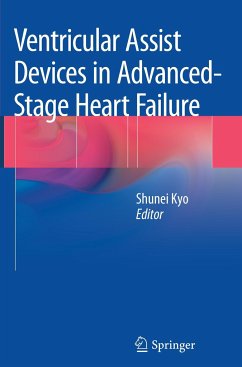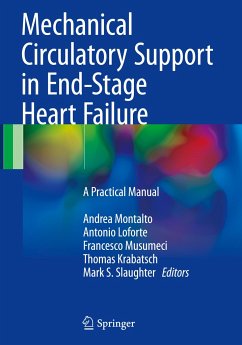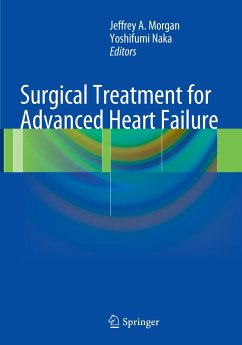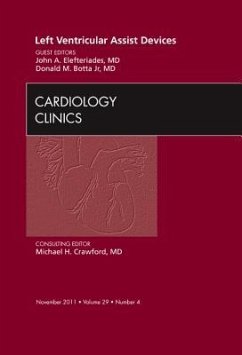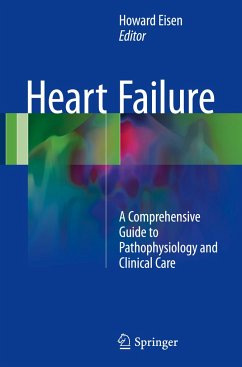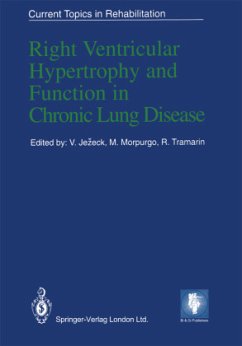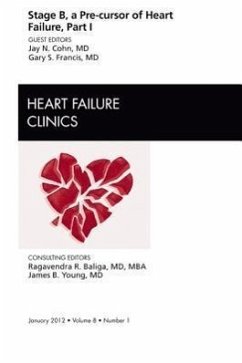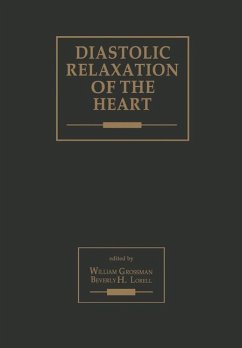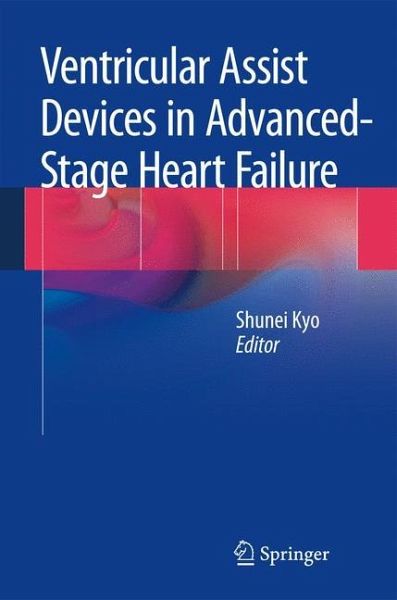
Ventricular Assist Devices in Advanced-Stage Heart Failure

PAYBACK Punkte
38 °P sammeln!
This book focuses on how ventricular assist devices (VADs) can help provide destination therapy for patients with terminal heart failure, one of the most serious diseases in the world today because of the tremendous number of patients, the high mortality rate, and the cost of care. One means of providing cardiological support for patients suffering from heart failure is with VADs, and more than 10,000 patients worldwide have now been implanted with these devices. Half of them already have lived more than one year, and 2,000 patients more than two years, after surgery. This improved survival me...
This book focuses on how ventricular assist devices (VADs) can help provide destination therapy for patients with terminal heart failure, one of the most serious diseases in the world today because of the tremendous number of patients, the high mortality rate, and the cost of care. One means of providing cardiological support for patients suffering from heart failure is with VADs, and more than 10,000 patients worldwide have now been implanted with these devices. Half of them already have lived more than one year, and 2,000 patients more than two years, after surgery. This improved survival means that we have reached a point where VADs can be used for destination therapy, not just for bridge-to-recovery or bridge-to-transplant. In view of the increasing number of patients with advanced-stage heart failure and the availability and longevity of transplanted hearts, VADs can solve many problems. In addition to providing information about the devices themselves, this book includes vital guidelines on long-term management and support of VAD-implanted patients' everyday lives.





